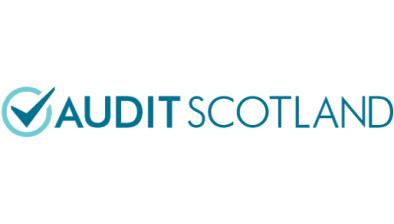Audit Scotland publishes digital progress in local government report
![]() Audit Scotland has published its digital progress in local government report recommending that councils across Scotland should have a clear digital vision and strategy that sets out how digital transformation will deliver better outcomes for people.
Audit Scotland has published its digital progress in local government report recommending that councils across Scotland should have a clear digital vision and strategy that sets out how digital transformation will deliver better outcomes for people.
The report found that councils are at different stages of digital transformation and progress is strongest where councils have focused on how digital technology can deliver better outcomes for people.
Audit Scotland said that the pace of change has increased as digital technologies have played a vital role in the public sector’s response to the Covid‑19 pandemic. It has also heightened the awareness of digital exclusion.
It recommended that to maintain momentum, councils should assess their progress, learn lessons, and identify and address barriers and inequalities.
Adding that a clear vision and leadership, with workforce and community engagement, are essential for realising the benefits of digital transformation.
Audit Scotland also said that delivering change requires a culture of collaboration and innovation, as well as aligned strategies and plans, effective governance, and engaged and informed elected members.
It recommended that the digital strategy used by councils should be supported by plans detailing actions, timescales and the required investment in technology, people and skills.
It said: “Councils should have a structured approach to collaboration and innovation, with staff given space and time to learn, test new ideas and put them into practice. Councils should actively collaborate through the Digital Office and other regional partnerships.”
However, Audit Scotland found that there has been a lack of citizen involvement in digital service design and not enough focus on outcomes in monitoring progress of digital programmes.
Accordingly, it recommended that to better understand the needs of citizens, councils should have a citizen and community engagement plan and ensure they have sufficient staff with the skills to carry out service design.
At the same time, councils need to improve how they monitor outcomes. This could include adopting a benefits realisation approach.
To address to issues with workforce, the report said councils should conduct a staff skills survey to better understand what digital and data skills they need. Councils should have detailed workforce and skills development plans, including for leadership teams and elected members, that align with digital transformation plans.
It added that councils should understand their technology infrastructure and have a clear plan to address legacy systems to create better coordinated solutions. This could include common platforms and shared procurement.
Councils should work with the Digital Office and Scottish Government in developing common data standards and a data ethics approach.








